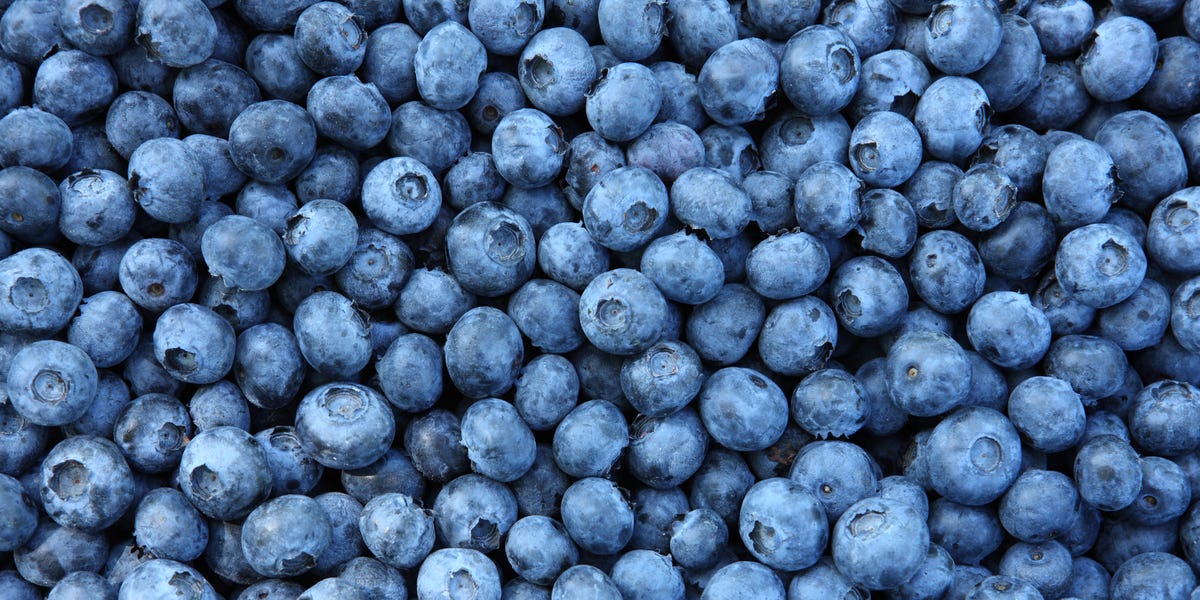EGCG has been shown to be as much as 100 times stronger in antioxidant activity than vitamins C and E. Studies have shown it also helps preserve cartilage and bone, although there are no widespread controlled trials of it in people with arthritis. Get more vitamin D in your diet by eating salmon, eggs, and mushrooms. Many brands of milk, yogurt, orange juice, and breakfast cereals are also fortified with vitamin D.
Fish is also a good source of vitamin D, which can help prevent deficiency. Multiple studies have found that rheumatoid arthritis may be associated with low levels of vitamin D, which could contribute to symptoms . As with cherries, scientists suspect it is anthocyanin, along with other phytochemicals, that gives strawberries their anti-inflammatory and antioxidant health benefits. Strawberries are also a good source of folic acid, which the arthritis medication methotrexate can deplete. People taking methotrexate often need folic acid supplements to help prevent side effects, but eating strawberries is still beneficial.

In some cases, the benefits of eating nightshade vegetables may outweigh any inflammation risk. To stay as healthy as possible, keep inflammation down by minimizing your consumption of foods that trigger it and eating anti-inflammatory foods. Dietary choices are always important herpes to overall health, but if you have arthritis, the foods you choose can have a surprising impact on your joint health.
Adding these foods to your balanced diet may help ease the symptoms of your arthritis. Tea is one of the most-studied drinks when it comes to its benefits for arthritis patients. Green, black and white teas are all rich in polyphenols – compounds from plants that have strong anti-inflammatory effects. You’ll find the highest polyphenol levels in green and white teas. Green tea is generally viewed as the most beneficial of all because its active ingredient is a polyphenol known as epigallocatechin 3-gallate .
Pain, swelling, warmth and tenderness in the joints – these are the characteristics of inflammatory arthritis, a group of diseases characterized by joint and tissue inflammation. On the other hand, a diet rich in red meat, processed foods, saturated fat, and added sugar and salt may aggravate inflammation, which is a characteristic of arthritis.
Essential Aspects Of Healthcare Examined
Green tea is packed with polyphenols, antioxidants believed to reduce inflammation and slow cartilage destruction. Studies also show that another antioxidant in green tea called epigallocatechin-3-gallate blocks the production of molecules that cause joint damage in people with rheumatoid arthritis . Although there is no diet cure for arthritis, certain foods have been shown to fight inflammation, strengthen bones and boost the immune system.
- Other research shows that alcohol has detrimental effects on arthritis.
- But many experts question the strength of these studies and argue it’s hard to distinguish confounding factors in this research.
- Nightshade vegetables are rich in nutrients, making them a worthy addition to your diet.
- That means coffee can help fight free radicals in the body, which cause cell damage.
- The link between coffee and increased risk of rheumatoid arthritis and osteoporosis is debatable.
A diet rich in antioxidants helps boost your immunity and may reduce the risk of inflammation. Eating a variety of fruits and vegetables is one of the best things you can do for your overall health. Foods high in omega-3 fatty acids may help fight inflammation by limiting two proteins that cause inflammation. Omega-3s may also help reduce your risk of heart disease and help lower cholesterol.
You may find some arthritis trigger foods cause pain, stiffness, and swelling, while others actually alleviate your symptoms. Citrus fruits – like oranges, grapefruits and limes – are rich in vitamin C. Research shows that getting the right amount of vitamin aids in preventing inflammatory arthritis and maintaining healthy joints with osteoarthritis .
Picking Uncomplicated Methods In Healthcare
Talk to your doctor about taking a vitamin D supplement if you’re not getting enough D in your diet. Energy production and other metabolic processes in the body produce harmful byproducts called free radicals. Not only do free radicals damage cells, but they also have been linked to rheumatoid arthritis and inflammation. Green, leafy vegetables such as broccoli, spinach, Brussels sprouts, kale, Swiss chard and bok choy are packed with antioxidants like vitamins A, C and K, which protect cells from free-radical damage.
Strawberries are naturally low in sugar and have more vitamin C per serving than an orange. Vitamin C can lower risk for gout, high blood pressure and cholesterol problems. Research has also shown that women who ate 16 or more strawberries a week had lower C-reactive protein , a measure of body-wide inflammation linked to arthritis flares and heart disease. In addition to their anti-inflammatory properties, she says, “it is important to get enough calcium and vitamin D for bone strength, and possibly reduction of cancer and other health risks.” Berries, leafy greens, and other fresh produce are chock full of antioxidants.
